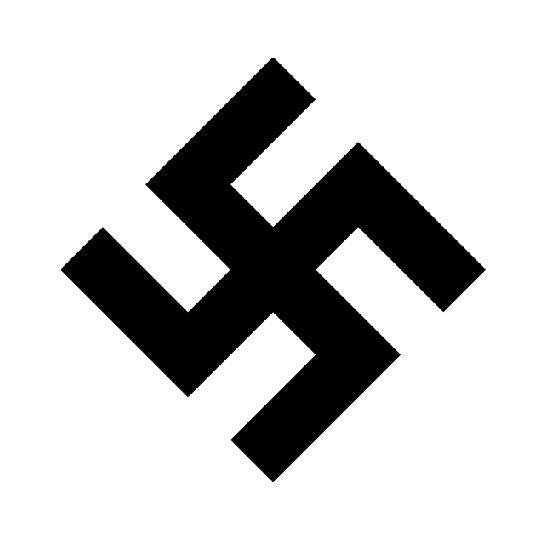Adolf Hitler: An Enigma
Mar 24, 2019 • 23 views
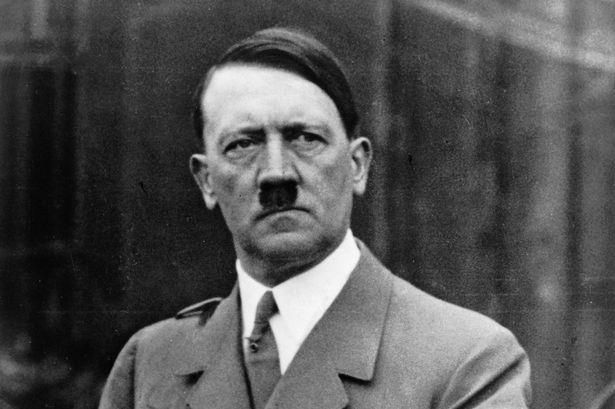
Adolf Hitler, the leader of Germany’s Nazi Party, was undisputedly one of the most influential dictators of the 20th Century. A mere utterance of his name brings chills down the spine of many till date, making him easily one of the most dreaded personality mankind has ever seen. Born to a Civil Servant on April 20, 1889, in a small town of Branau-am-Inn, near Austro-German frontier, Hitler went on to shape the history of modern times. He capitalized on economic woes, popular discontent and political infighting to grab the numero uno position in Germany in 1933. The death of some 6 million Jews in the Holocaust was fueled by his obsessive pursuit of Aryan supremacy and the hatred towards the Jewish community known as Anti-Semitism.
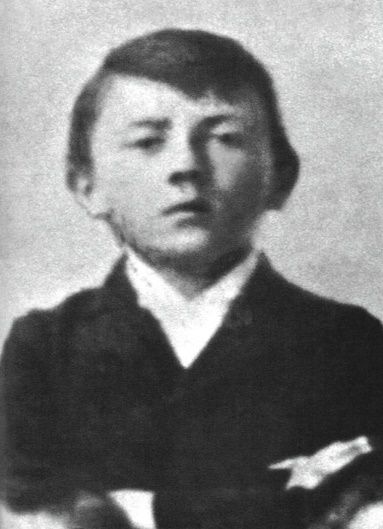
Hitler spent most of his childhood in Linz, the capital of Austria. He dropped out of secondary school as he was more inclined towards being an artist, however that never happened. He later moved to Vienna, where he developed an interest in Politics and shaped ideas which later became the tenants of Nazi ideology. When the WWI broke out, he served as a volunteer in a reserve infantry regiment. Hitler attributed Germany’s humiliating defeat in the War to insufficiently patriotic “traitors” at home, the notion which later set the stage for his phenomenal rise as the global game changer.
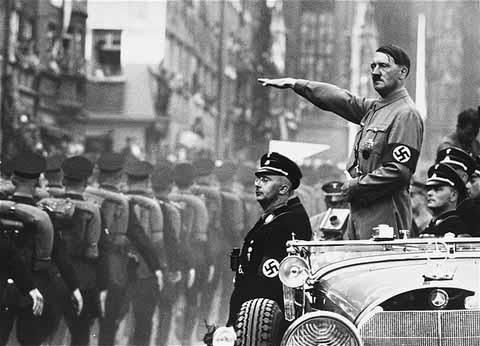
In Munich, he joined a small German Workers’ Party aimed at fighting for the interests of the working class with a strong German nationalist view. The Party under the leadership of Hitler came to be known as the "National Socialist German Workers (Nazi) Party”. Many former army officers joined it and recruited the “strong arm” squads popularly called the Sturmabteilung. The Party built its premises on the discontent with the Weimar Republic and the not so favourable terms of the Versailles Treaty.
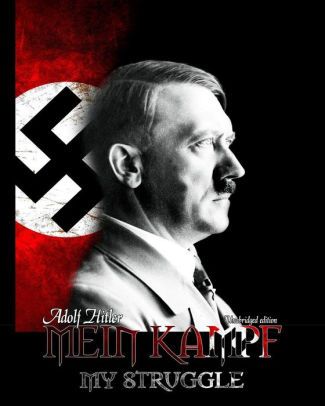
Hitler’s proclamation of a national revolution was impeded by the Party’s clash with the Police. He was tried for treason and it was during the days in prison that he wrote Mein Kampf (“My Struggle”). The book, published in 1925, reflected his background and his strong views on Aryan supremacy and anti-Semitism. Hitler’s speeches were reflective of his belief in “ethnic purity” which placed the “Aryan race” above all. He believed that the unity of the "Volk" (the German people) would find its truest incarnation in one supreme leader ("Fuhrer") and not in the parliamentary form of government. Also, he mentioned that in order to address the need for “Lebensraum” (living space), Germany should take over the territory of “inferior” Slavic people in the East.
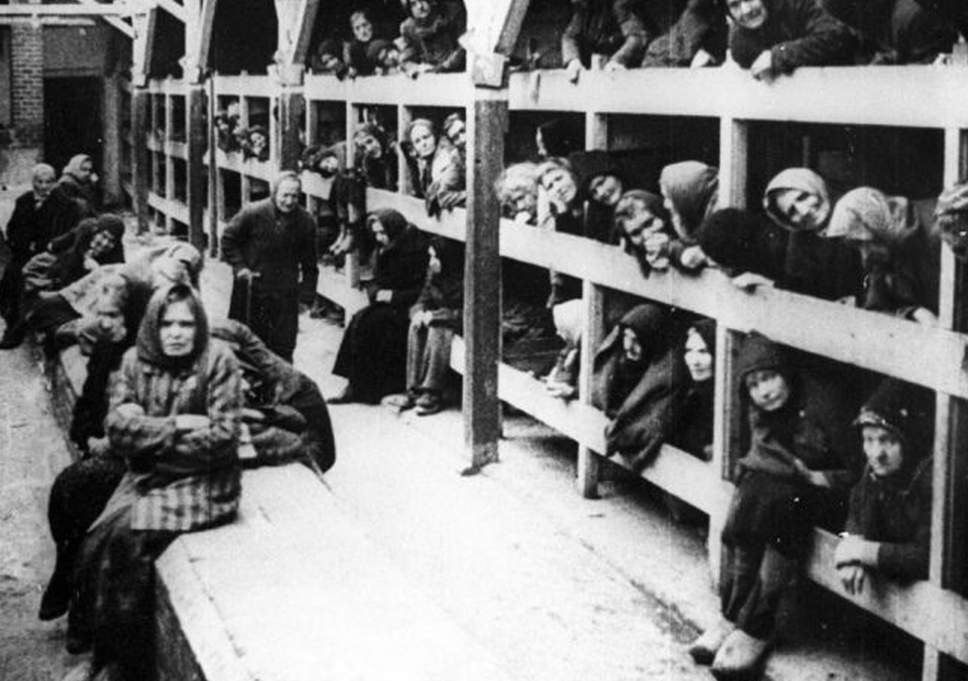
"Holocaust", the genocide during WWII which led to the merciless killings of over six million Jews in Nazi Germany, was perhaps the one of the cruellest mass prosecution mankind has ever seen. The cold-blooded Holocaust was fueled by Hitler's view of Aryan supremacy. Much of the Nazi prosecution occurred in the infamous concentration camps at the hands of the Secret State Police which flourished under Hitler’s reign. In addition, Jews were stripped of their political and civil rights. The Nuremberg Laws deprived them of German citizenship and barred them from marrying or even having relations with persons of “German or related blood”.
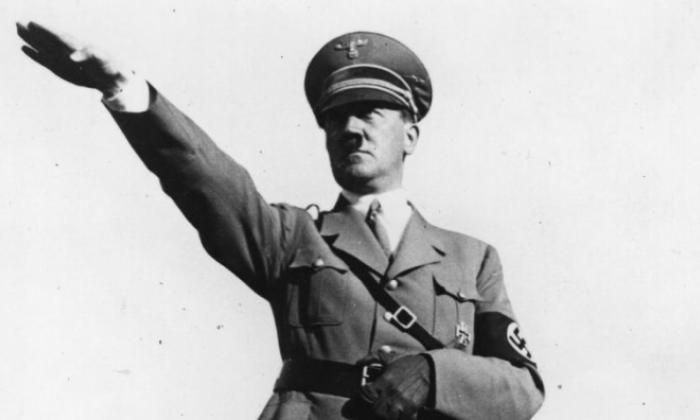
By the end of WWII, the tides turned against Germany with the defeats at El-Alamein and Stalingrad and the landing of the U.S. troops in North Africa. With the conflict incessantly continuing in the backdrop, Hitler grew unwell and was hugely dependent on medications. Numerous failed attempts were made on his life forcing him to hole up in a bunker in Berlin. On April 30, 1945, Hitler shot himself in his bunker and his wife, Eva Braun, took poison which marked the end of one of the most dreaded dictators in the history of the human race.
